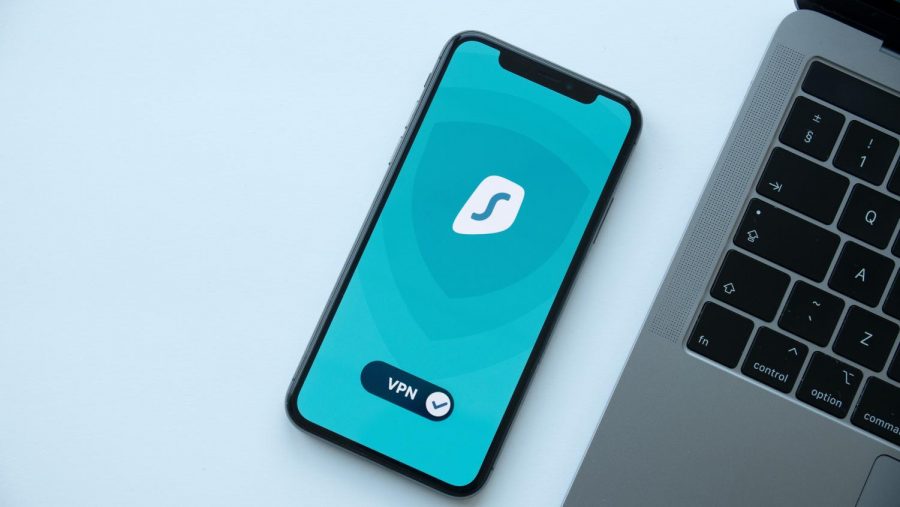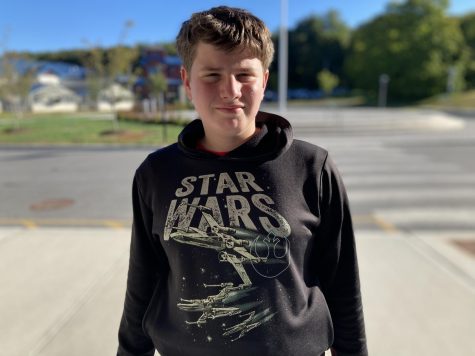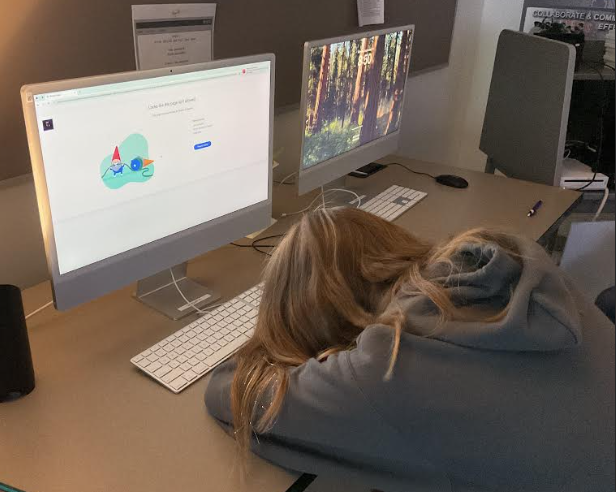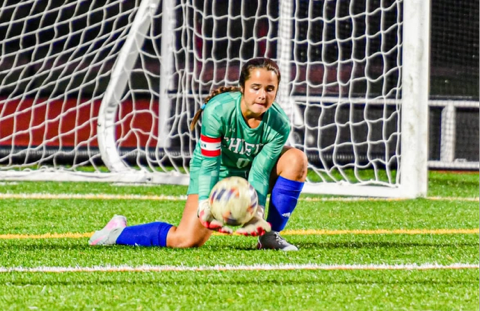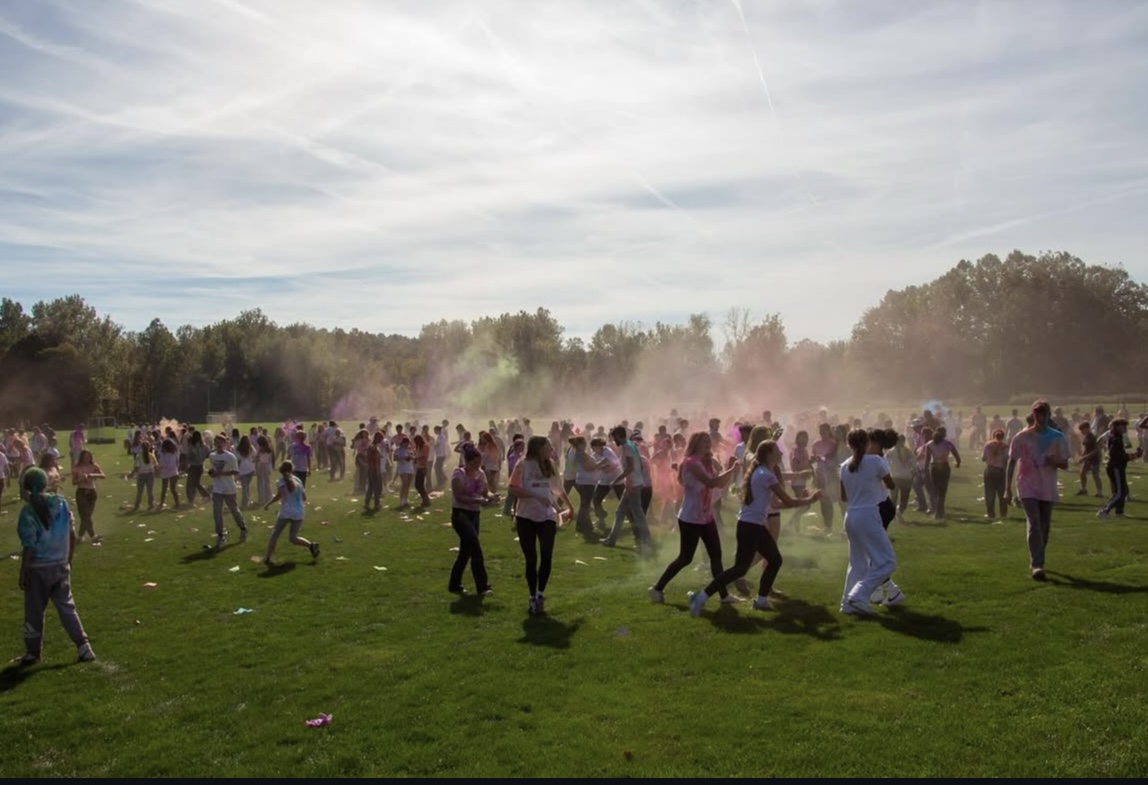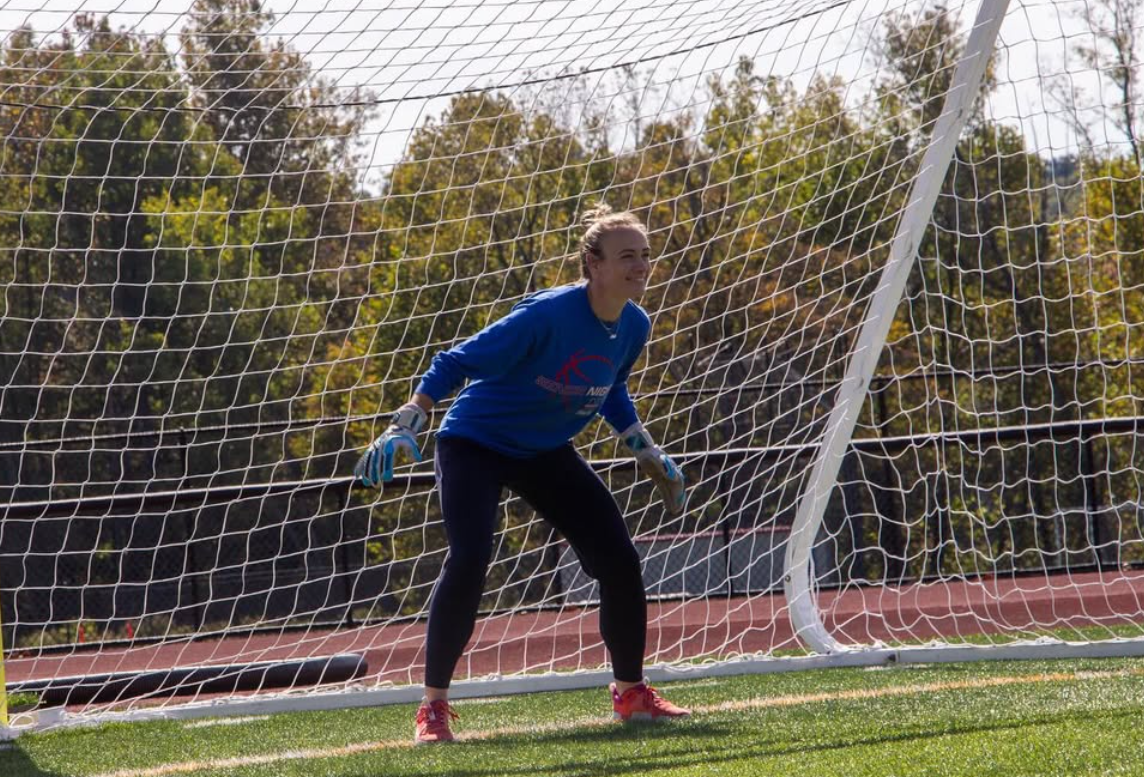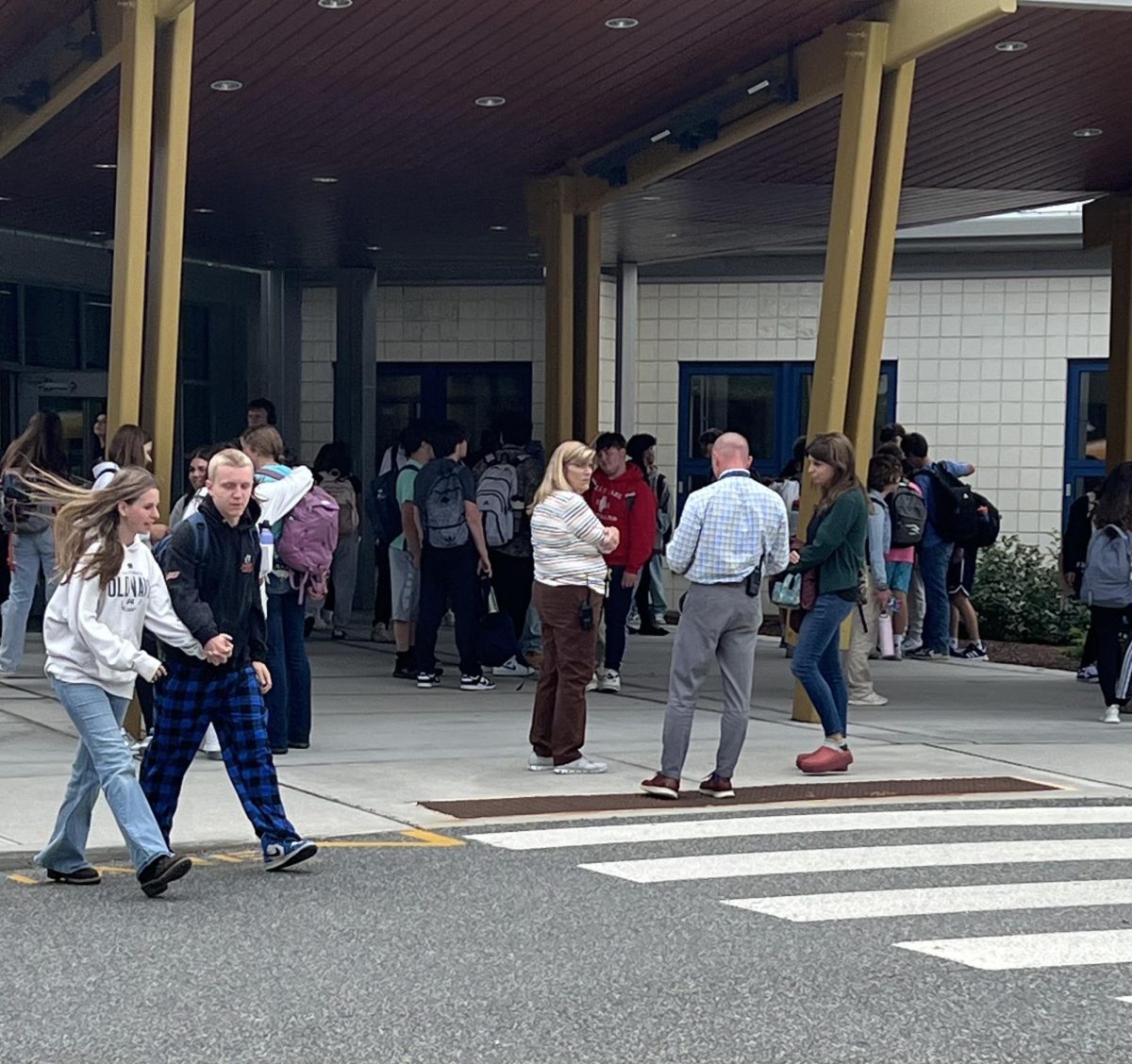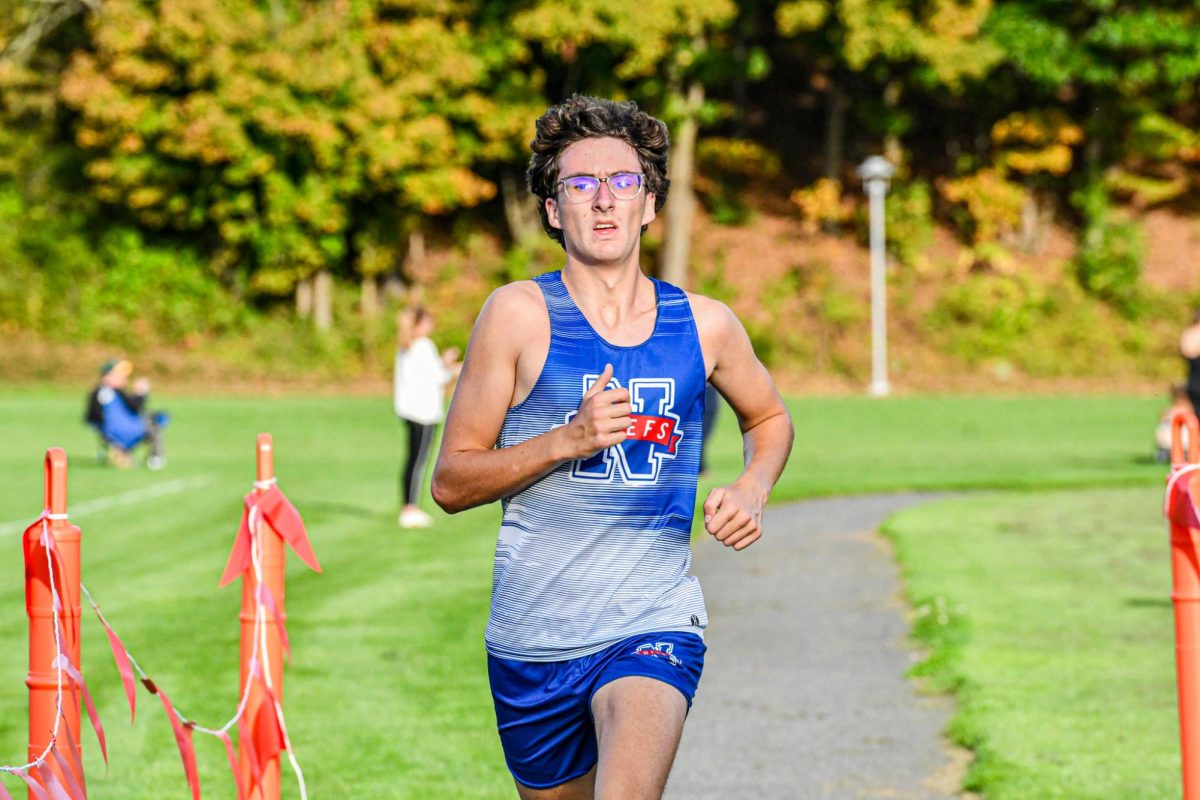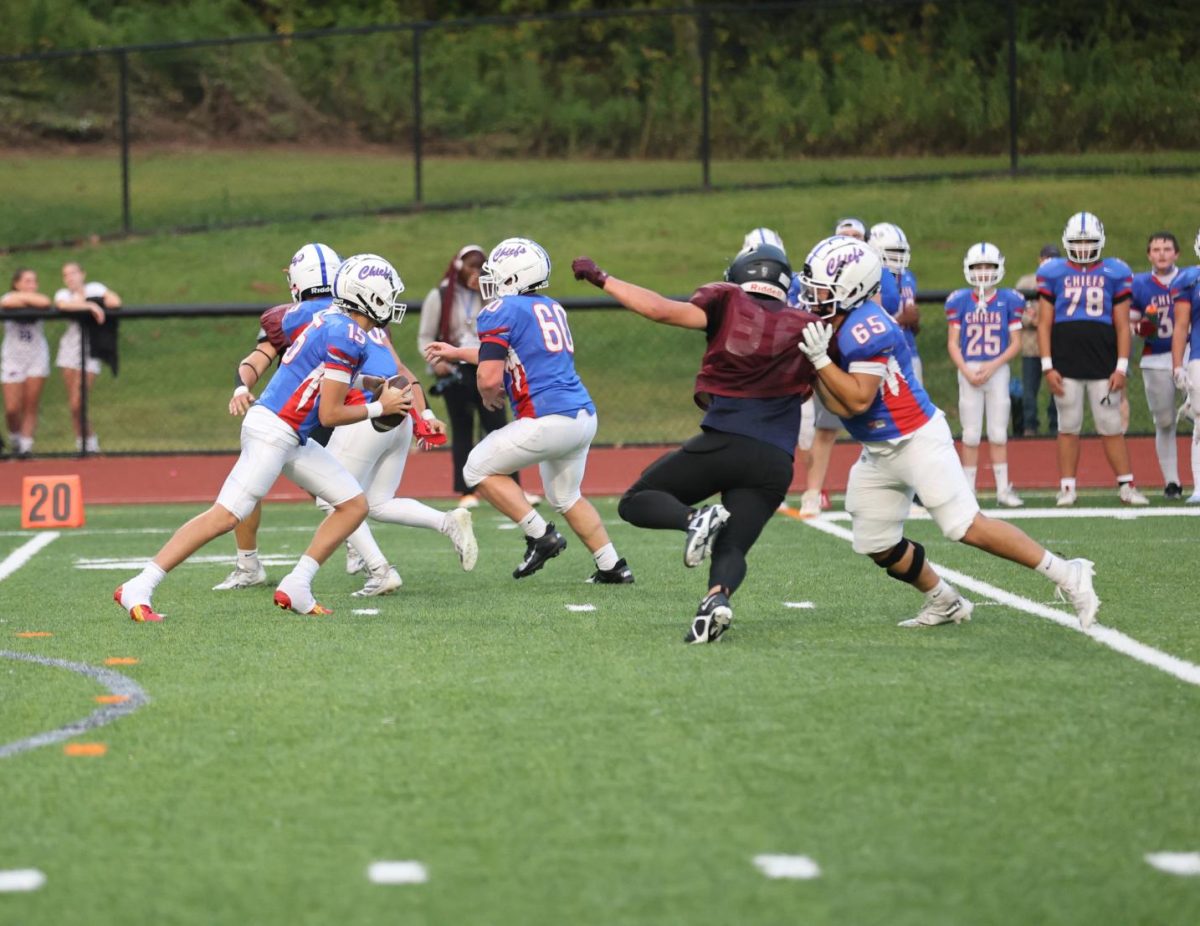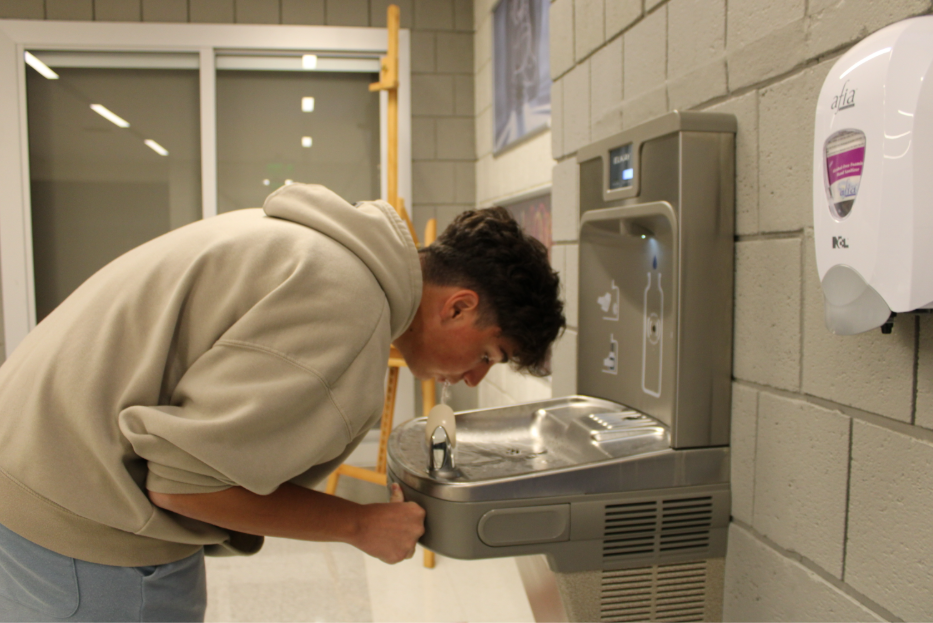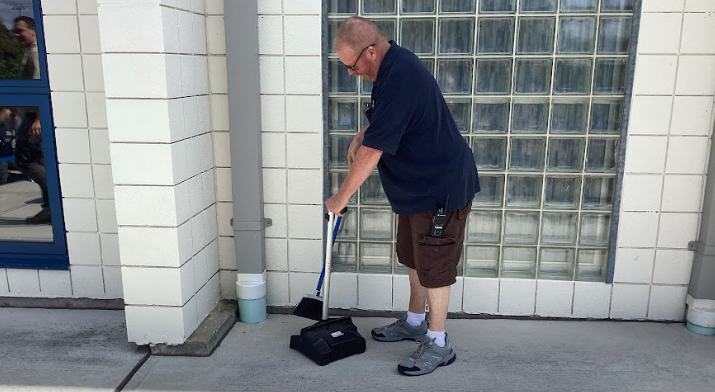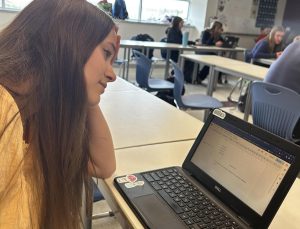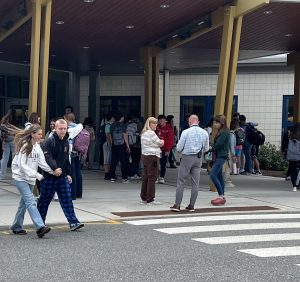VPNs Help Students Elude Internet Filters
Many students at Nonnewaug use a virtual private network, or VPN, via an app on their phones to allow them to bypass school network blocks.
December 20, 2021
With 69% of U.S. teens using Snapchat, according to security.org, school internet filters are a necessity to stop students from accessing it during school hours. But with a VPN, anyone can have unrestricted access to the site.
A VPN, or virtual private network, is software that creates a private network that will mask a device’s IP address. People in countries where there is government censorship, such as China or North Korea, can hide their location and can search as if they were in a different country. This can create a connection even more secure than a secured wifi network.
Students have been using VPNs in school for years, but why do they use them? Since VPNs can hide a device’s location, many students use a VPN app to get around internet block systems because those systems work by detecting that a user is in the range of the school.
The application that is being used will block connection to the DNS server and will make it unable to connect to the website.
A study conducted by Surfshark VPN concluded that 30% of people use VPNs for personal use, while 24% of people use them for business. At school, students use VPNs for a variety of reasons.
“I use a VPN because it helps me get in contact with my parents quicker and more easily,” said Kiely McDonald-McGrath, a junior at Nonnewaug.
VPNs are not just a great way to keep your data private. It helps get secure connections on wifi networks.
Schools can also see a user’s entire browser history, but a VPN will associate it with a different IP address. If a device connects to a school network, school applications could be able to view students’ texts, searches, and internet history on more than just school Chromebooks.



